Some dogs aren’t just loud. They’re echo-sensitive, sound-reactive, and always ready to argue with their own bark. And yes—some breeds are more likely to do it than others.
What starts as a bark at the front door turns into a full conversation with the walls, the stairwell, the ceiling. The sound bounces back, and that’s all they need to believe something’s there. For these dogs, silence isn’t golden, it’s suspicious.
And their own echo? That’s a bark they have to answer. This behavior isn’t always a training issue. For many dogs, it’s instinct. Certain breeds are simply wired to respond to every stimulus, even ones they create themselves. It can be funny, frustrating, or both.
If your dog seems to be in a constant feedback loop with its own voice, you might have one of the breeds on this list. This guide covers the dogs most likely to bark at their own echoes.
Dog Breeds That Bark At Their Own Bark Echoes
1. Bloodhound

Bloodhounds are known for their strong vocal instincts, often barking in response to even subtle sounds they detect. When they hear their own echo in a space, it can trigger a loop of confused barking. Their long ears help funnel sounds more intensely, which can heighten the reaction.
The Scent-Focused Distraction
While following a trail, they may let out a loud dog bark that surprises them mid-focus. This unexpected sound can make them pause, reassess the direction, or even bark again out of confusion. Their single-minded scent tracking sometimes collides with their own noisy instincts.
Communication Beyond the Nose
Bloodhounds rely heavily on vocal cues, but their body language often lags behind the volume of their bark. When a noise bounces back at them, they might tilt their head, freeze, or bark louder, thinking it’s another dog nearby. These misreads can quickly turn comedic.
Deep Voices with a Delay
Their deep, booming bark carries farther than most expect, often bouncing back in enclosed spaces or quiet fields. That sudden feedback confuses them just enough to trigger more noise. It’s not aggression, just a strong reaction to something they weren’t expecting from themselves.
2. Siberian Husky
Siberian Huskies are highly vocal and often respond to their own sounds with even more noise. A single bark in an echoing space may confuse them enough to repeat it in a feedback loop. Their sharp hearing makes this reaction surprisingly frequent during solo play or walks.
High Alert with a Playful Twist
This breed doesn’t always bark out of fear or guarding instinct — often, it’s curiosity or misplaced excitement. When a bark echoes back, they might tilt their head, circle the area, or escalate their voice into a howl, unsure whether they started it or not.
Misreading Familiar Sounds
Although they’re smart, Huskies sometimes misinterpret echoes or indoor noises as signals from other animals. This can lead to barking contests with themselves or funny outbursts in empty spaces. Their body stays calm, but the sound triggers more than it should.
Talkers With a Wild Past
Originally bred for endurance and teamwork, Huskies developed a complex vocal range for communication, as per the AKC. Unlike many dogs, their bark can shift into howls, chirps, or odd yelps when stimulated by repetitive sounds — especially in areas where echoes bounce sharply.
3. West Highland White Terrier
Westies are naturally alert and reactive, with a bark that activates instantly at unexpected sounds, as stated in PetCareRx. Even a simple echo from their own voice can cause them to start barking again, thinking there’s something nearby. Their quick triggers are tied to their deep-rooted hunting instincts.
Small Frame, Strong Voice
Their compact size doesn’t match the volume they produce, which is why echoes often catch them off guard. This can lead to multiple responses to the same sound, especially in hallways or empty rooms. It’s an honest overreaction, not aggression or fear.
Confident and Vocal at Home
Inside the house, they take their self-appointed guard duties seriously. Whether it’s a creaking door or a sound bouncing back at them, their protective nature kicks in fast. They interpret echoes as movement, which keeps their attention locked.
Curious Around Noise and Chaos
When around kids or groups, Westies thrive on the action and jump into it with barks and bursts of energy. Unlike most dogs that eventually settle down, they stay hyped up by the noise. Their vocal nature blends with their curiosity in unpredictable ways.
4. Border Collie
Border Collies are known for having one of the sharpest auditory responses among herding breeds. Their ears perk at sudden echoes, especially indoors or in wide fields, where a sharp bark can bounce back unexpectedly. That return sound often prompts another bark, creating an amusing cycle.
Constant Awareness in Overdrive
They’re wired to notice every shift in sound, tone, or space. A single dog bark can trigger their alert mode, especially when they think it came from somewhere else. This high reactivity, while useful during work, can sometimes lead to barking at their own echo.
Built to Move and Monitor
These dogs are always calculating movement, sound, and rhythm in their environment. When a bark reflects off walls or from across a valley, it may confuse them briefly, making them respond vocally. Their need to “resolve” the noise shows how deeply engaged they stay.
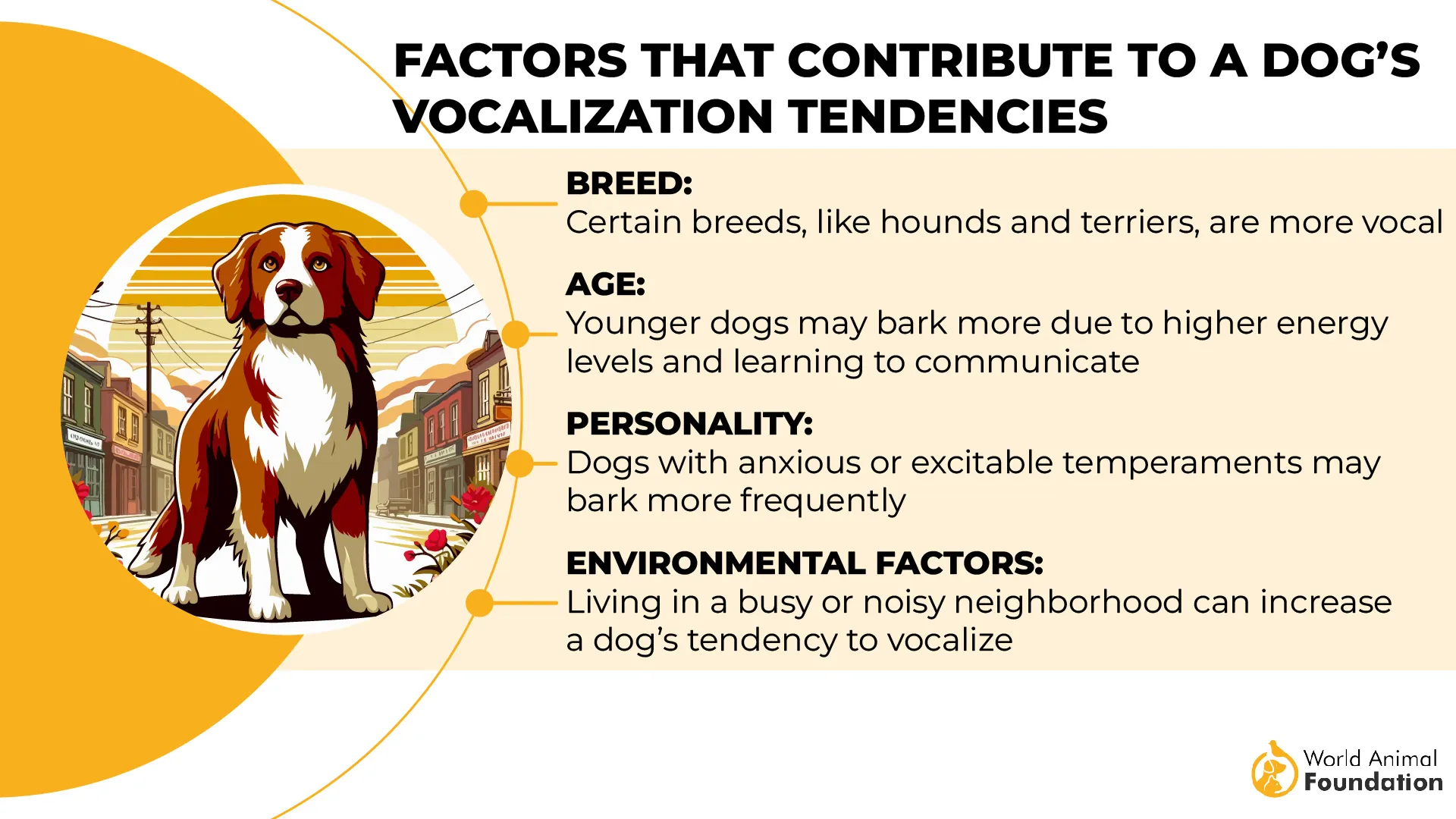
Emotional Intelligence Meets Energy
Border Collies form strong bonds with humans and try to match human cues, including emotional tones. When barking during play or herding, they sometimes misread their own echo as feedback. Even across great distances, their connection to sounds remains incredibly focused.
5. Jack Russell Terrier

Jack Russells have a quick-fire bark response that kicks in before they process where the sound came from. When their own bark echoes back, they often react as if it’s a challenge. Their high-pitched alert system makes them one of the more reactive small breeds indoors.
Echo Triggers in Tight Spaces
Because they often patrol corners, stairs, and under furniture, any sound that bounces back catches them off guard. Echoes in hallways or stairwells frequently lead to a repeat round of barking. It’s a loop that continues until they’re satisfied no one else is barking back.
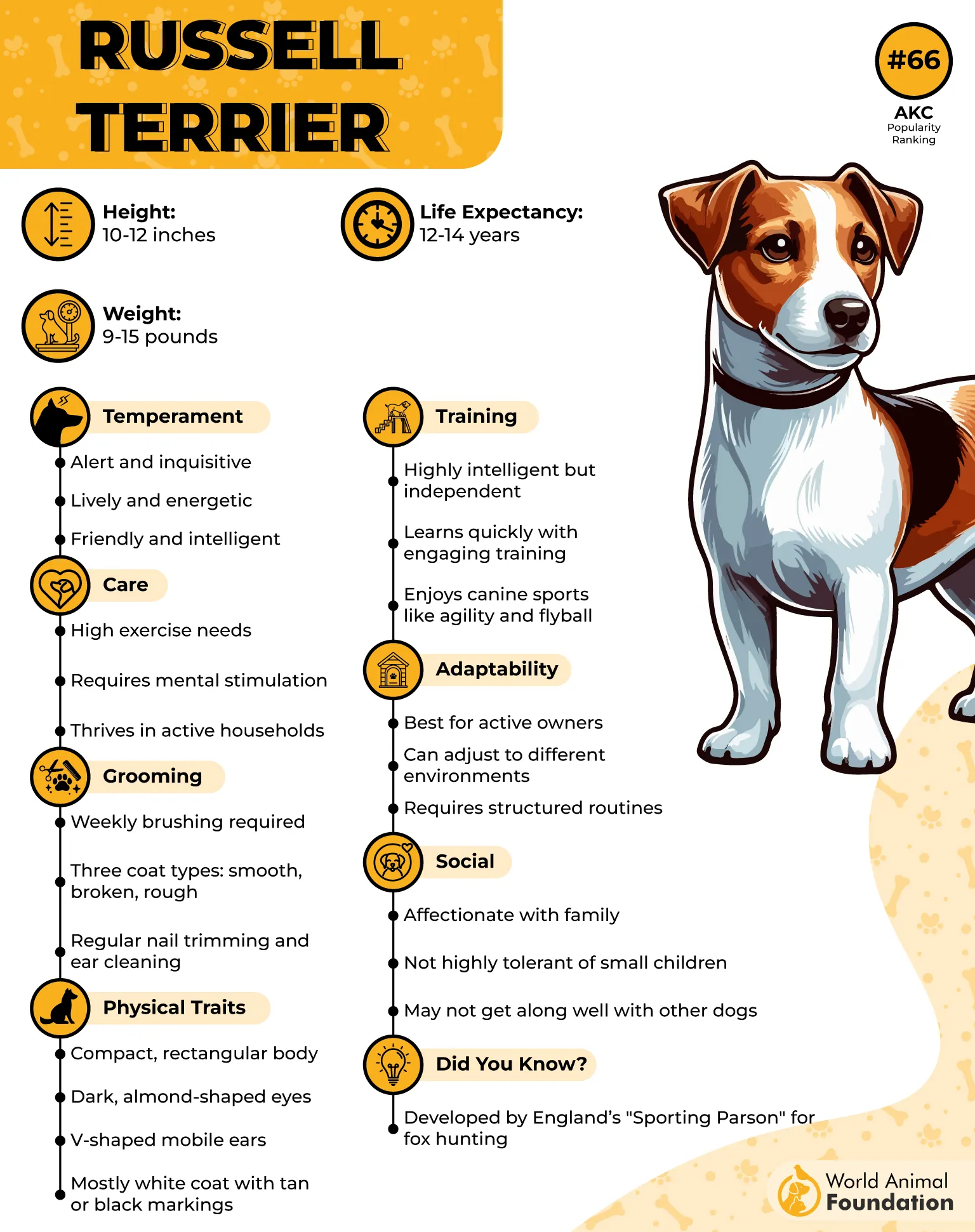
Sharp Vocalizations and Quick Recovery
This breed’s vocalizations are short but sharp, which makes them echo more clearly off walls and hard surfaces. The moment they hear it bounce back, they turn toward it and sometimes launch into another round of barking. It’s an instinctive pattern they rarely outgrow.
Sound Sensitivity Around Familiar People
Even in a calm family setting, Jack Russells can react to their own noise if they feel someone might be approaching. Owners often see this during quiet evenings when a single bark sets off another. Their sound sensitivity remains active, even in low-stimulation environments.
6. Beagle

Beagles have a distinct bay that carries farther than most owners expect. In wide or echo-prone areas, they often react to their own barking as if it’s a challenge. This can lead to bursts of repeated howls driven purely by sound confusion.
Always on Alert, Even for Themselves
With sharp hearing and a strong instinct to vocalize, Beagles often respond to unfamiliar noises without hesitation. Their brain is wired to check for intrusions, so hearing their echo can spark a quick, loud response. Sometimes they’ll even pace to “find” the source.

Energy Fueled by Sound
The more excited they get, the more vocal they become, and that energy tends to escalate quickly. A simple echo bouncing back can be misinterpreted as another dog nearby. What follows is a series of howls that seem to build on themselves.
Independent Thinkers, Reactive Barkers
Though friendly, Beagles can be stubborn and reactive when it comes to territory or attention, as mentioned in Pawlicy Advisor. If their bark echoes back while they’re already on edge, they often double down vocally. It’s instinct-driven, and often humorous for anyone watching.
7. Smooth Fox Terrier

The Smooth Fox Terrier is highly responsive to sound, often reacting before fully processing what it heard. Their sharp hearing combined with high energy means a bark echo can easily trigger a second round of barking. This can repeat several times before they settle.
Easily Riled by Repetition
These dogs are quick to engage, especially when something interrupts their rhythm. If they hear their bark bounce back while pacing or circling, it sparks confusion and more vocalization. They’re known to vocalize even during solo play or self-directed antics.
Always on Guard Indoors and Out
Terriers are natural watchdogs, and this breed tends to misread echoes as distant threats. They often respond with short bursts of barks, pacing or looking around, trying to locate the source. The behavior usually comes from their keen territorial instincts.
Noisy Curiosity at Its Peak
They thrive on activity and notice changes in acoustics quickly, especially in enclosed or echo-prone spaces. Barking becomes a feedback loop when they’re unsure if they started it. Their bold personality makes them quick to investigate their sounds.
8. Chihuahua

Chihuahuas have sharp hearing and a low tolerance for unfamiliar sounds, making them quick to react vocally. Even small noises echoing through a hallway or across tile floors can set them off. Once they start, it’s common for the bark to repeat in response to their noise.
Compact Size, Intense Alertness
Due to their compact stature and natural protectiveness, they often feel the need to sound the alarm at anything remotely suspicious. Echoes of their bark can feel like an external presence to them. This creates a reactive loop that seems excessive but is rooted in instinct.
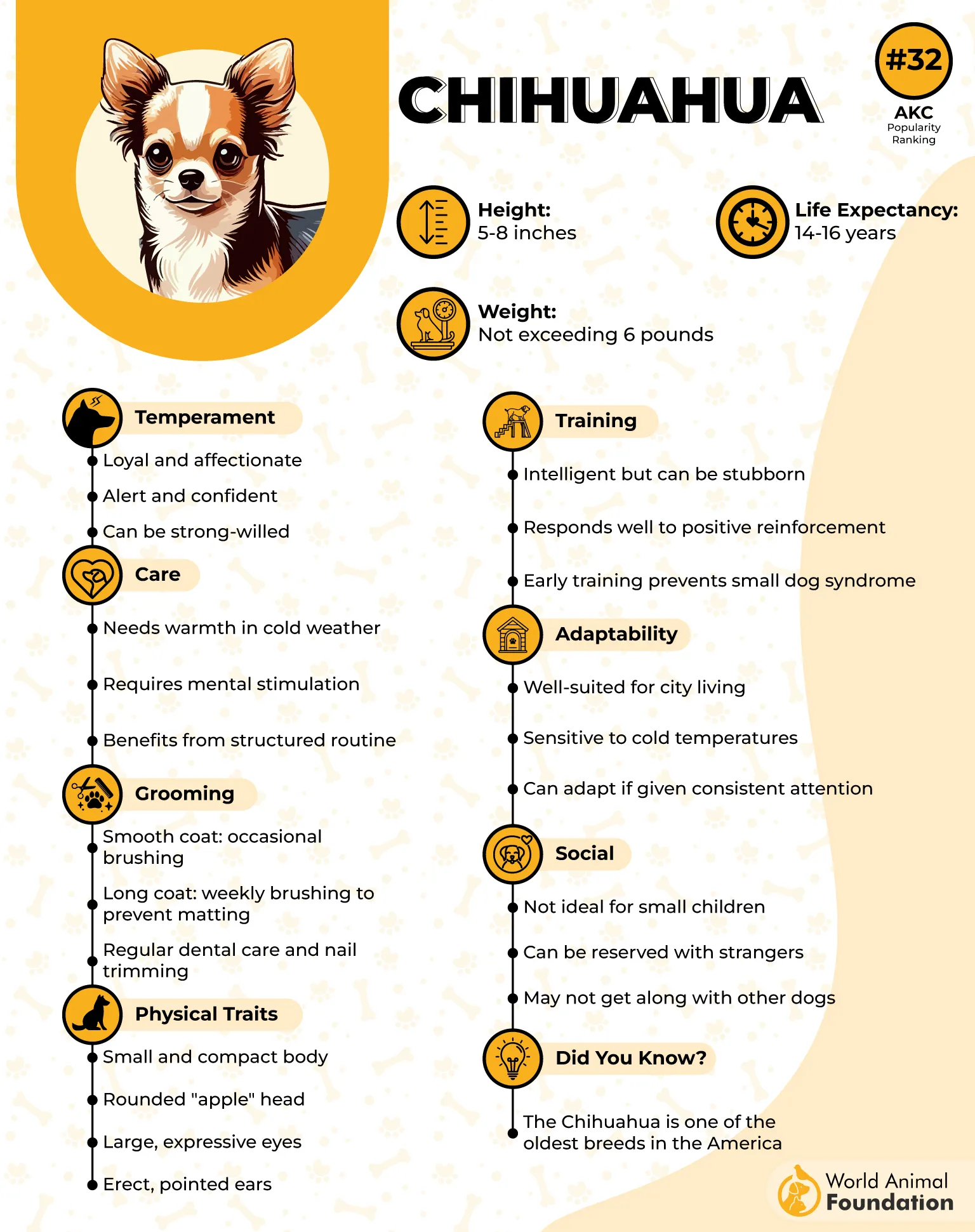
Acoustic Sensitivity Indoors
Chihuahuas are especially sensitive in environments where sound bounces back quickly, such as in small homes or apartments. A loud, sharp bark in such a setting can confuse them into thinking another dog is nearby. Their alert state turns the echo into a perceived threat.
Vocal and Protective by Nature
This breed is known for being vocal, not out of disobedience but due to its deeply wired watchdog instincts. Barking at their echo is often part of their heightened sensitivity to movement and sound. Their drive to protect makes them bark first and question later.
9. Miniature Schnauzer

Miniature Schnauzers are known for their keen alertness and sharp ears that pick up even the faintest of noises, as Vets Love Pets claims. In large rooms or echo-prone spaces, they often react by barking again at what they think is another dog. This repeated response can quickly spiral into a noisy loop.
Vocal Watchdogs at Heart
Originally bred for guarding farms and property, this breed has a deeply ingrained instinct to vocalize anything unusual. Their natural suspicion causes them to bark and pause, then react to their own echo as if it were an ongoing threat. It’s hardwired and happens quickly.
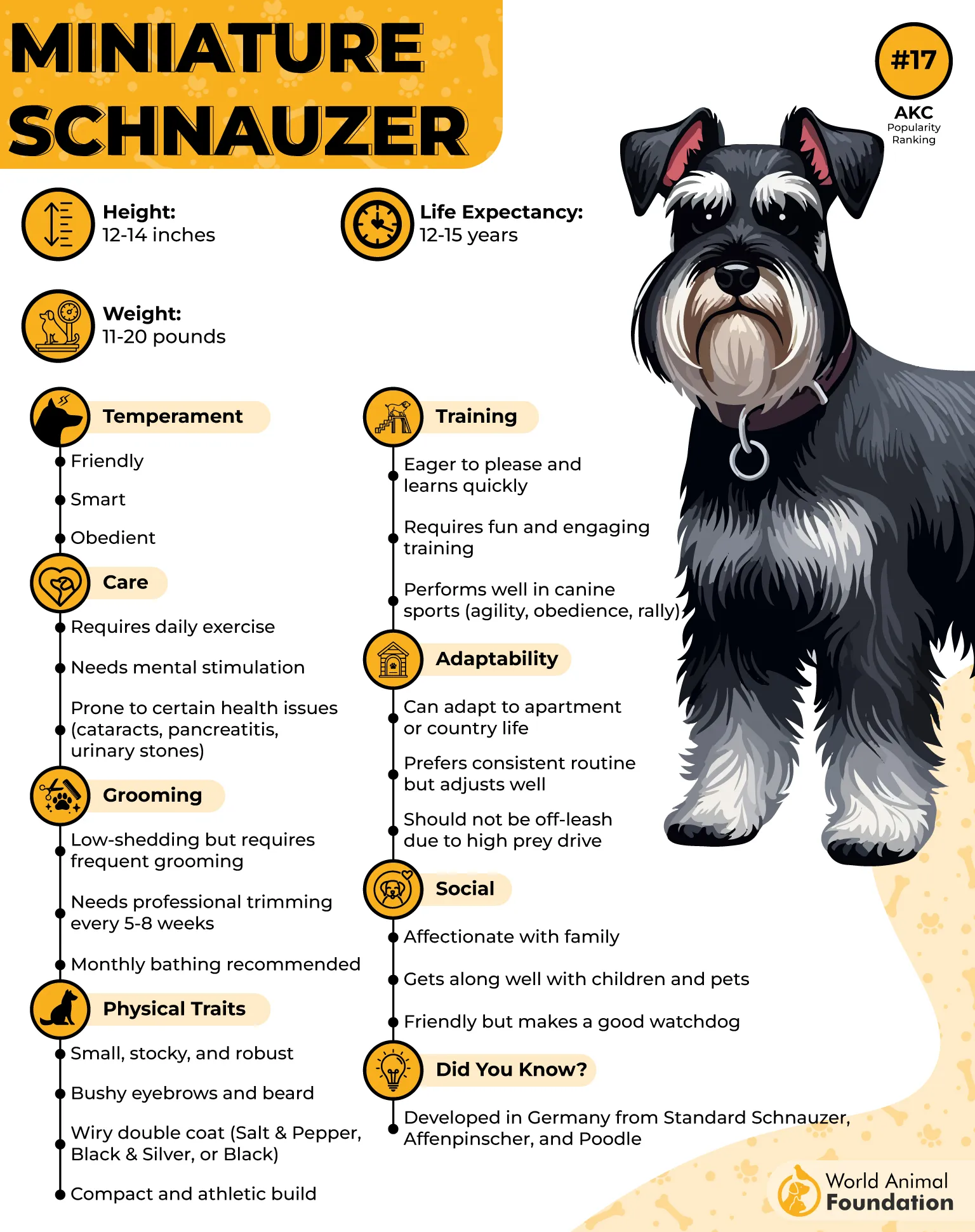
High Energy, Low Tolerance for Surprises
These dogs are always on alert, which makes them more likely to overreact to sounds they don’t fully recognize. Their barking can intensify if the sound bounces back without a visible source. It often comes with pacing, head tilts, or darting toward empty corners.
Pattern Barkers with a Quick Trigger
Once they begin barking, Miniature Schnauzers tend to fall into repetitive vocal patterns. If their own voice returns to them unexpectedly, they treat it like a cue to bark again. This cycle can go on until they’re distracted or given a command to stop.
10. Dachshund

Dachshunds are known for their sharp sense of hearing and natural watchdog instincts. Even the slightest unfamiliar sound can trigger a bark from them. In quiet or echo-prone spaces, they often bark again just in response to the returning sound.
Built to Patrol Their Territory
This breed takes guarding seriously, often reacting before identifying what caused the noise. If they hear an echo that resembles another bark, their instinct is to continue responding. Their bold attitude keeps them actively on edge in enclosed areas.
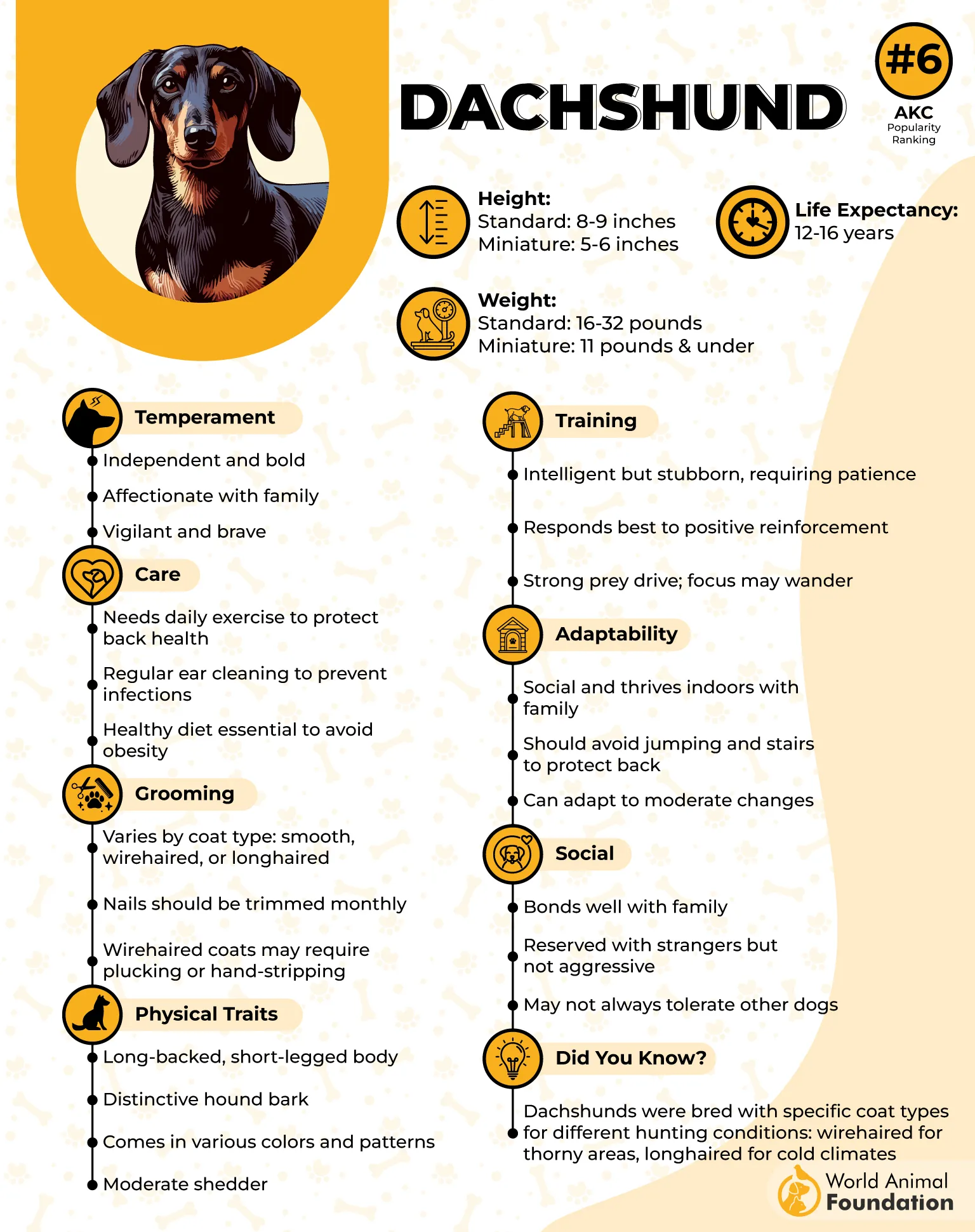
Strong Voice for a Small Body
Dachshunds have an unexpectedly loud bark for their size, which can catch them off guard in echoey environments. Their own voice bouncing back can lead to more barking, especially if they think another dog is nearby. This can turn into a full session of alert-mode.
Easily Triggered by Sudden Sounds
Whether indoors or in a hallway, they are quick to react to any sharp noise. A single bark that echoes back is enough to confuse or excite them. That reflexive behavior adds to their reputation as one of the more vocal small breeds.
Conclusion
Some dogs were simply born to be heard. From the powerful bark of a Dachshund to the unique vocalizations of a Husky, these breeds don’t just make noise—they demand attention with every echo.
Even their small size doesn’t stop them from sounding the alarm at passing strangers or imaginary ones. Their loud voices bounce back at them, and they answer without hesitation. It’s not about disobedience—it’s instinct mixed with intensity.
Most of these dogs also have long bodies or a compact frame that doesn’t match the volume they produce. It’s a combination of alertness, sensitivity, and personality they just can’t control. But we love them for it.


